Following the 17 May Constitutional referendum, CNARED executive board members met from 25th to 27th May to discuss the strategies for restoring the Arusha Agreement and of the 2005 Constitution. Pancrace Cimpaye, Spokesperson for CNARED says the platform has changed its appellation and extended the term in office. “Instead of focusing on the respect of the Arusha Agreement, we will focus on its restoration and CNARED leaders will now have sufficient time to implement their strategies,” he says.
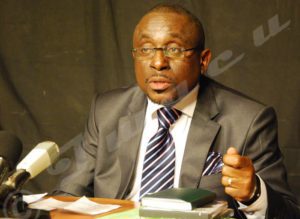
Pancrace Cimpaye: “We now put forth the restoration of the Arusha Agreement and 2005 Burundi Constitution”
The National Council for the Respect for Arusha Agreement for Peace and Reconciliation in Burundi and the Restoration and the Rule of Law has now become the National Council for the Restoration of Arusha Peace Agreement and Reconciliation in Burundi and the Rule of Law. The executive board will now have a three-year term in office instead of nine months. “These two main strategies will help the leaders of the platform to set up effective strategies for the lasting democracy and restoration of the Arusha Peace Agreement and Constitution of 2005,” he says.
Pancrace Cimpaye says the constitutional referendum that was held on May 17 has completely abolished the Arusha Peace Agreement signed in 2000 to end a decade of civil war and the 2005 Constitution that resulted from it. “It also put an end to the Inter-Burundian dialogue sessions that were taking place in Arusha, Tanzania and undermined democracy in Burundi,” he says adding that it may give rise to another crisis in Burundi.
On a local radio station Alain Diomède Nzeyimana, Deputy Spokesperson for President Pierre Nkurunziza, said Burundi government had already organized different inter-Burundian dialogue sessions which led to the May 17 referendum. “Burundi government cannot move backwards. Politicians in exile should return home and prepare for the 2020 elections,” he says.
In the previously held referendum, the “Yes” vote won at 73.26% against 19. 34 % of the “No” vote. Null votes were estimated at 4.11% and the abstentions at 3.28%. There were 4,768,142 voters in 3828 polling centers divided into 11076 polling stations including 11031 located in the country and another 45 outside the country. The participation rate was estimated at 96.24%.


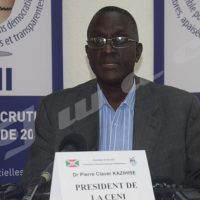
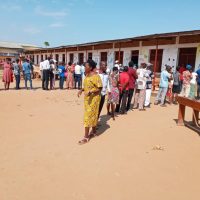
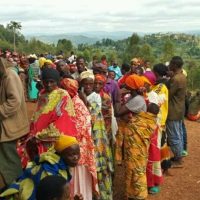
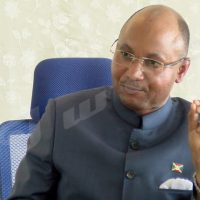













 IWACU Open Data
IWACU Open Data

